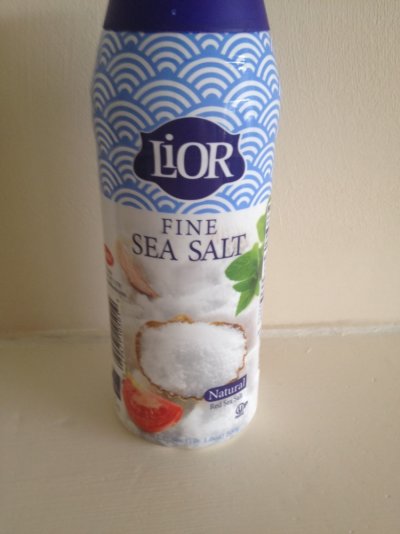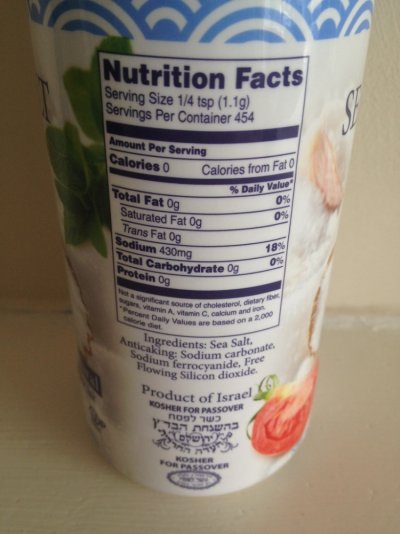CCXGT
Aquarium Advice Addict
Just trying to speed up getting rid of algae by cutting corners
No decorations in the tank are real and it's beard algae that I'm trying to get rid of.
No decorations in the tank are real and it's beard algae that I'm trying to get rid of.


